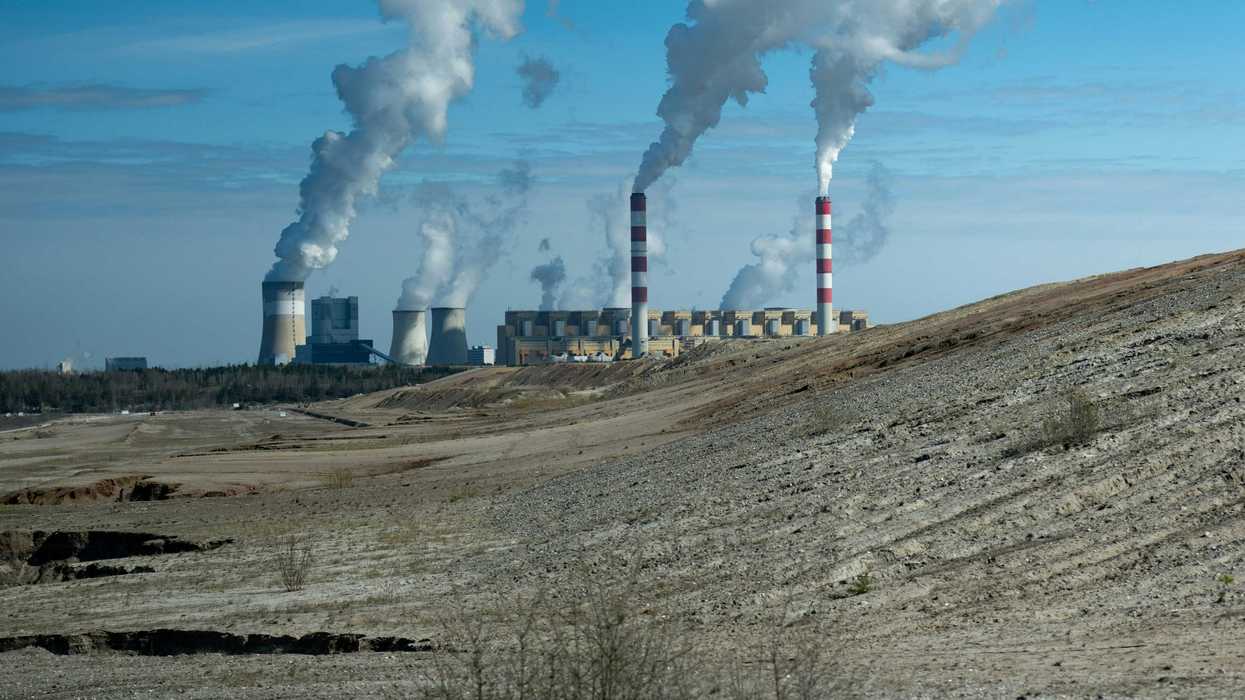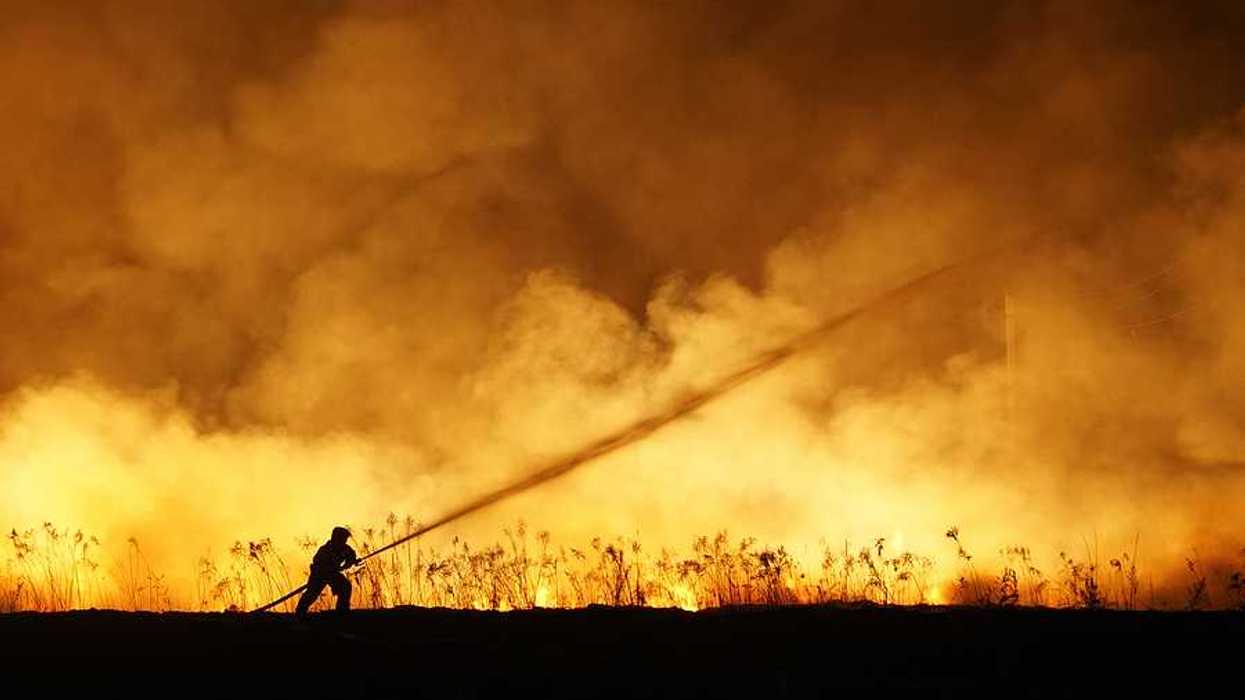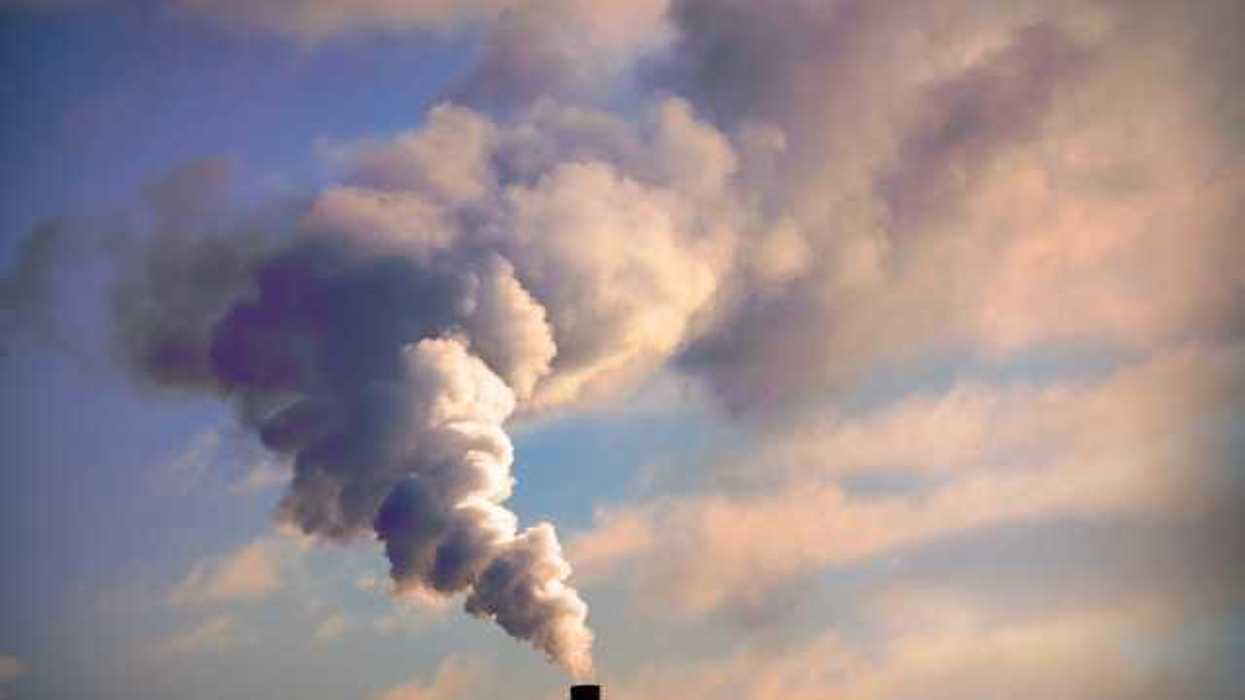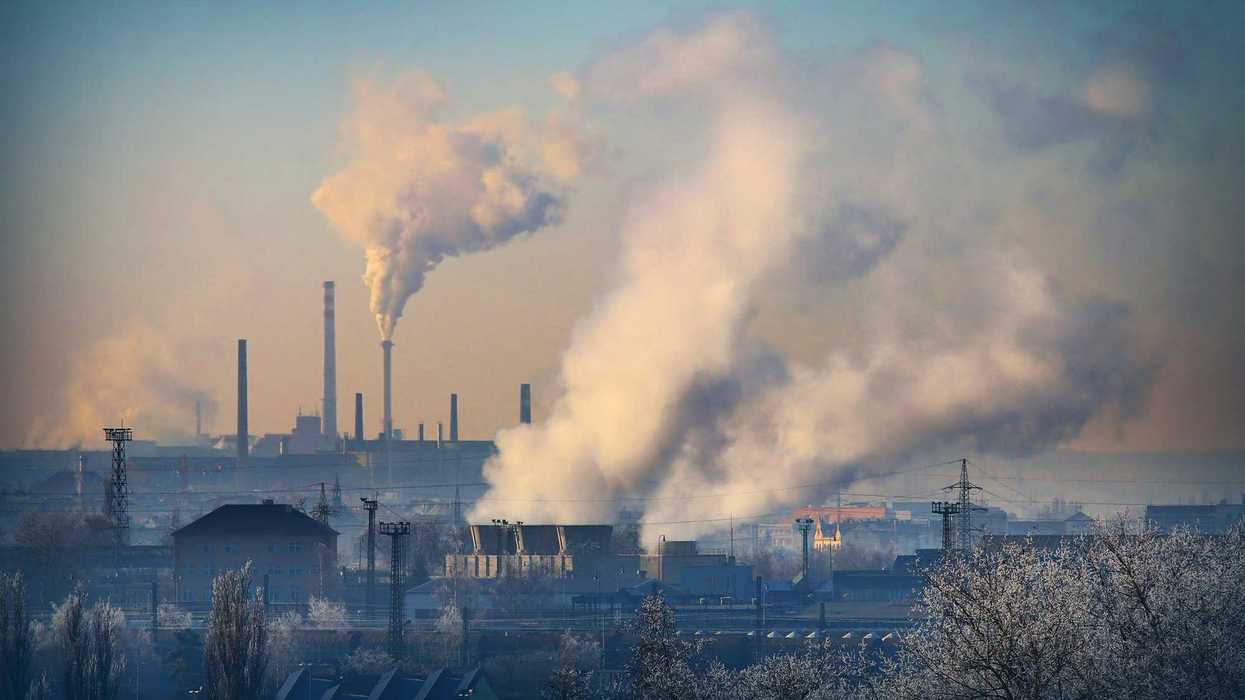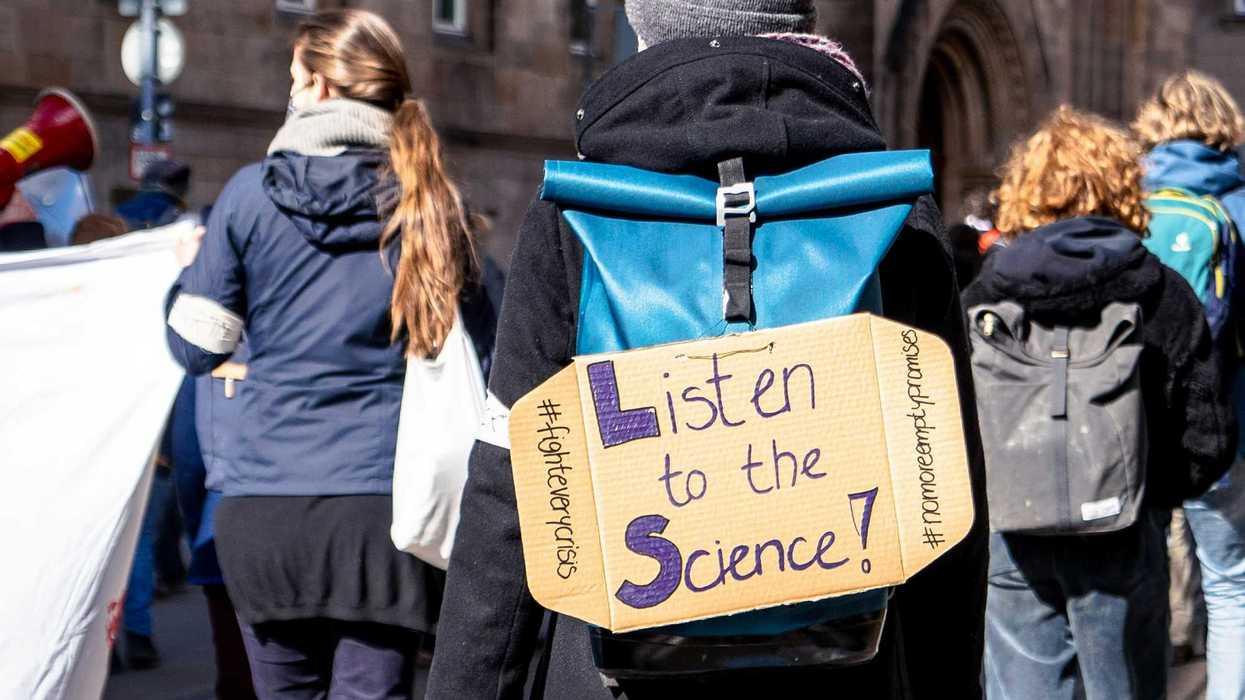A new study reveals that low-income individuals in British Columbia are more than twice as likely to die during extreme heat events due to lack of resources and pre-existing health conditions.
Michelle Gamage reports for The Tyee.
In short:
- Research from the BC Centre for Disease Control shows people on income assistance are 2.5 times more likely to die in heat waves, compounded by health issues like schizophrenia and COPD.
- During the 2021 heat dome, temperatures soared to record highs, highlighting that chronic diseases combined with poverty increased mortality rates.
- To mitigate risks, British Columbia has distributed 15,000 free air conditioners to low-income households, aiming to distribute 28,000 units total.
Key quote:
“No one is at risk from extreme heat if they have safe indoor temperatures.”
— Sarah Henderson, scientific director, BC Centre for Disease Control
Why this matters:
Heat waves are becoming more frequent and intense due to climate change, disproportionately affecting vulnerable populations. Addressing this issue requires targeted policies to ensure safe living conditions and reduce health disparities in low-income communities.
Related:







